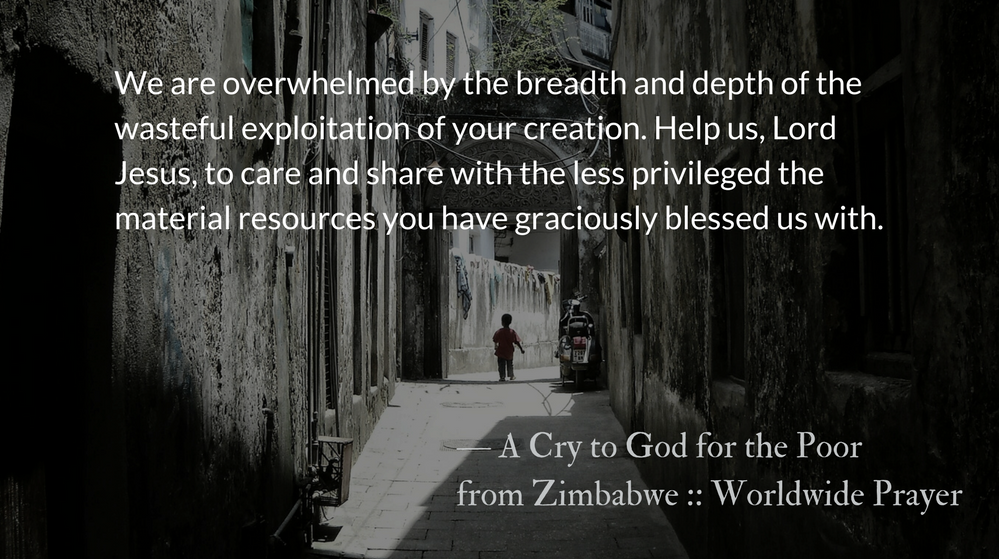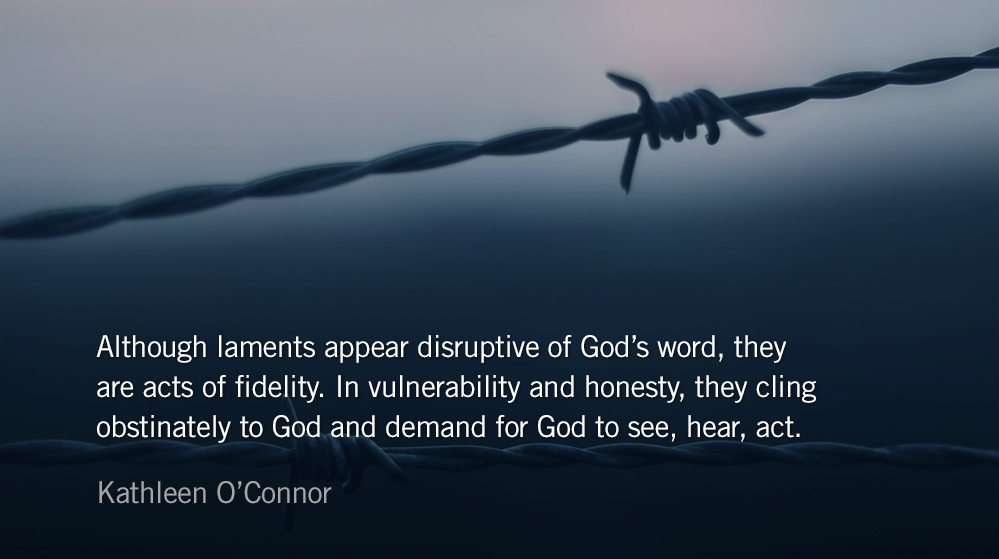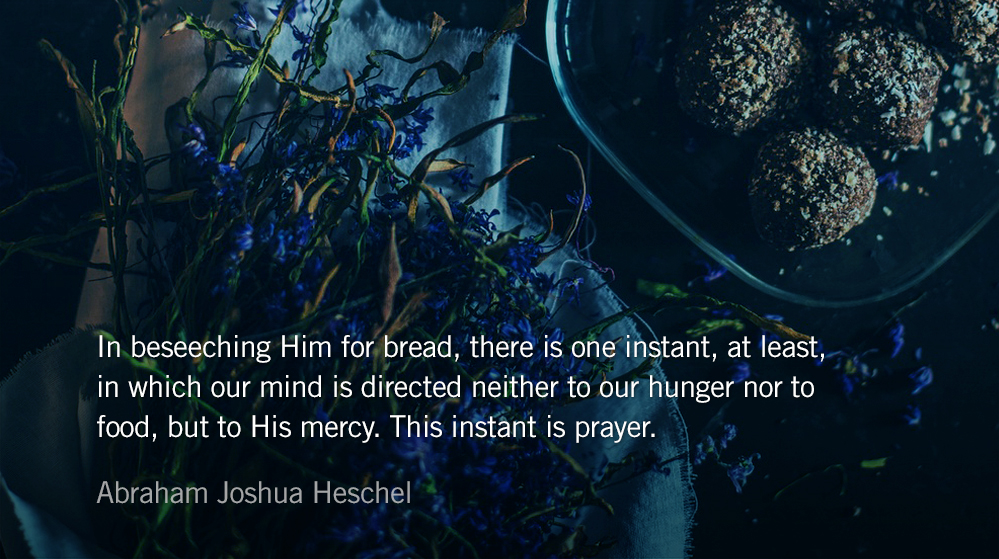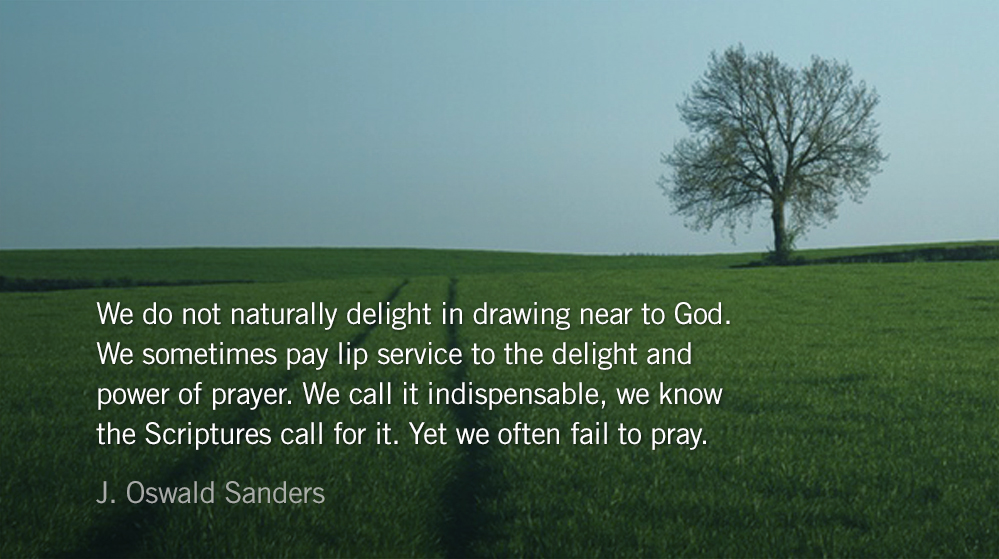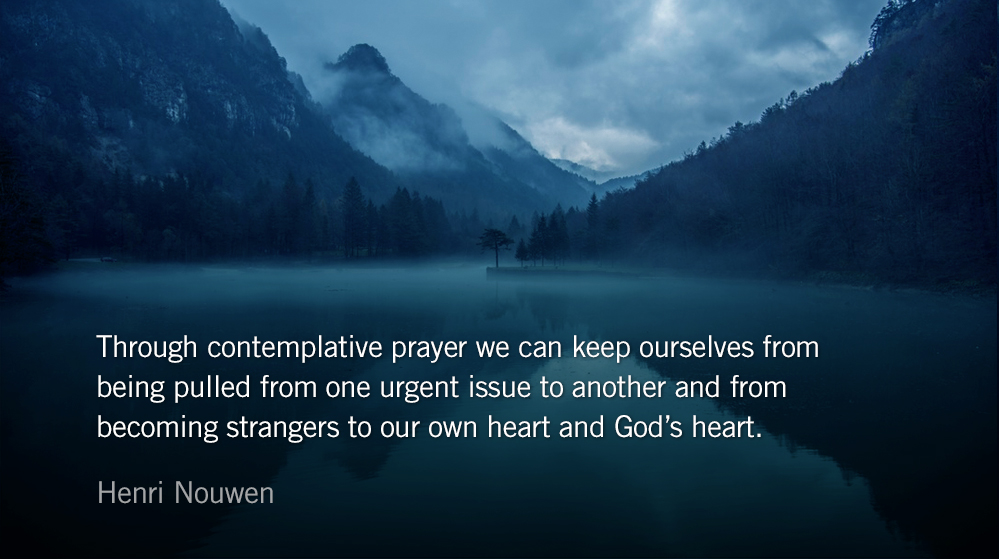Scripture: Micah 6:8
He has shown you, O mortal, what is good. And what does the Lord require of you?
To act justly and to love mercy and to walk humbly with your God.
Reflection: A Cry to God for the Poor from Zimbabwe :: Worldwide Prayer
You spoke to the children of Israel saying there should not be poor among them. You instituted the Years of Jubilee and Sabbath. You taught your people to give tithes and offerings in order to maintain some economic equilibrium.
In the life of the early Christian Church we read that “neither was there any among them that lacked.”
And yet, dear Lord, today one of every four persons in the world lives in abject poverty*. It grieves us and must grieve you that so many defenseless people live without shelter, clean water, primary healthcare, education, food.
We are overwhelmed by the breadth and depth of the wasteful exploitation of your creation. Help us, Lord Jesus, to care and share with the less privileged the material resources you have graciously blessed us with. Like the apostles John and Peter, strengthen us to stretch out our hands to help the less privileged to stand on their feet.
With Paul we say that Christ in us is the hope of glory.
Help us make a difference.
*It is hard to know what statistics the author of this African prayer was using at the time this was originally published, and hard, indeed, for many to agree on what constitutes “poverty” in today’s world. However, if we accept that living on less than $2.50 a day is poverty, then this number is closer to forty percent of the population today, than the twenty-five percent mentioned in the prayer. For a detailed look at poverty statistics, this site is a good resource. — John
*Prayer from Hallowed be Your Name: A collection of prayers from around the world, Dr. Tony Cupit, Editor.
The Call to Prayer
Come now and see the works of God, how wonderful he is in his doing toward all people. — Psalm 66.4
– From The Divine Hours: Prayers for Autumn and Wintertime by Phyllis Tickle.
Full prayer available online and in print.
Today’s Readings
Job 1 (Listen – 3:38)
Romans 5 (Listen – 3:53)
This Weekend’s Readings
Job 2 (Listen – 2:11) Romans 6 (Listen – 3:28)
Job 3 (Listen – 2:32) Romans 7 (Listen – 4:09)

